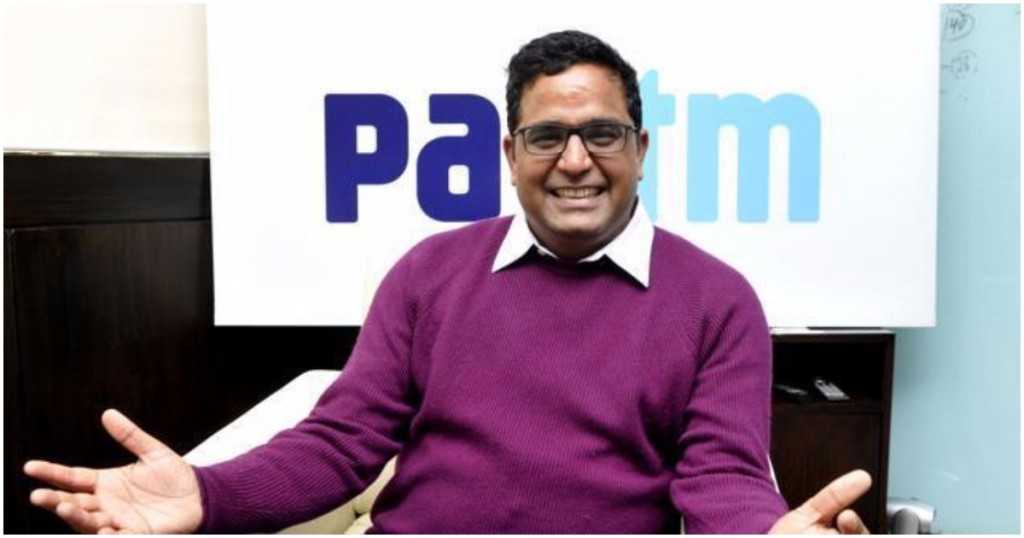The technology companies are revolutionizing the payments system across the world. The payments system has gone through many phases, in the very beginning it was barter system and after that, coins of various metals like gold, silver, copper was the primary mode of payments. Times changed and the paper money was introduced, first in China and then across the world. After the spread of the digital revolution, another significant change is taking place and this is the digital payments industry. The payment through the internet is expected take over as the primary mode of transaction in upcoming decades. While this system is very popular in some European countries (Norway, Sweden, Netherlands etc), it is still not widespread across the world. Countries like the United States or Japan which were at the forefront of the digital revolution are still far away from a cashless economy.
The Japanese government is pushing for a cashless economy. It aims to double the number of cashless transactions by 2025. It’s also pushing more stores to accept cashless payments ahead of the 2020 Olympics in Tokyo. Even in the era of smartphones and advanced banking systems, Japanese consumers still settle most transactions using cash. Credit cards, electronic payments, and other cashless systems account for just 20% of all transactions in Japan. Apple, Samsung, Alibaba and Japan’s top messaging app Line are the main players in the Japanese digital payments industry. Now India’s largest payment services provider Paytm has partnered with PayPay Corp. to launch barcode-based smartphone payment services in Japan by November. PayPay Corp. is a joint venture between SoftBank Corp. and Yahoo Japan Corp. which already operates smartphone payment function named ‘Yahoo! Wallet’. Yahoo will terminate its current app once the new payments system starts functioning although the date is not specified yet.
The “PayPay” platform will be seamlessly integrated with Yahoo! JAPAN ID, giving existing “Yahoo! Wallet” customers the option to use PayPay functions within Yahoo! JAPAN’s smartphone application, the companies said in a joint statement. Paytm which is expected to provide most of the technical support to the new firm is an Indian company started by visionary entrepreneur Vijay Shekhar Sharma. Paytm launched a barcode or QR (quick response) code- based technology in 2015 and today offers seamless mobile payments to over 300 million customers and eight million merchants. It made a significant turnaround in the Indian digital payments industry which was in the nascent stage before its entry. At the time of demonetization, the digital payment companies got significant fillip due to a cash crunch. Today many other digital payment apps like Google’s Tez, Flipkart’s phonepe, government’s BHIM app operate in the market but Paytm in still the market leader.
SoftBank Group is one of the largest investors in Paytm. The company’s $100 billion tech fund, the SoftBank Vision Fund, is a big investor in Paytm. SoftBank also holds a significant stake in Chinese tech giant Alibaba, which is one of Paytm’s major investors. “…Masayoshi Son is a visionary entrepreneur who has seen it all: PC, telecom, mobile internet and now Artificial Intelligence, which is the way forward. We want to build a Paytm model on local artificial intelligence that allows us to take mobile payments to a large population where other digital methods haven’t fully penetrated,” said Vijay Shekhar Sharma, founder and chief executive (CEO) at Paytm.
The governments across the world are pushing for digital payment because it is more transparent and reduces the operating cost in cash. The problems like counterfeit currency, black money problem, and illegal transaction get automatically solved in the digital transaction system. It is easier to track down the payments made in digital mode. Most of the economies operate in between 10 to 20 percent of cash to GDP ratio which involves a huge operating cost for the government. The cashless transaction makes things easy for the government as well as the people.
